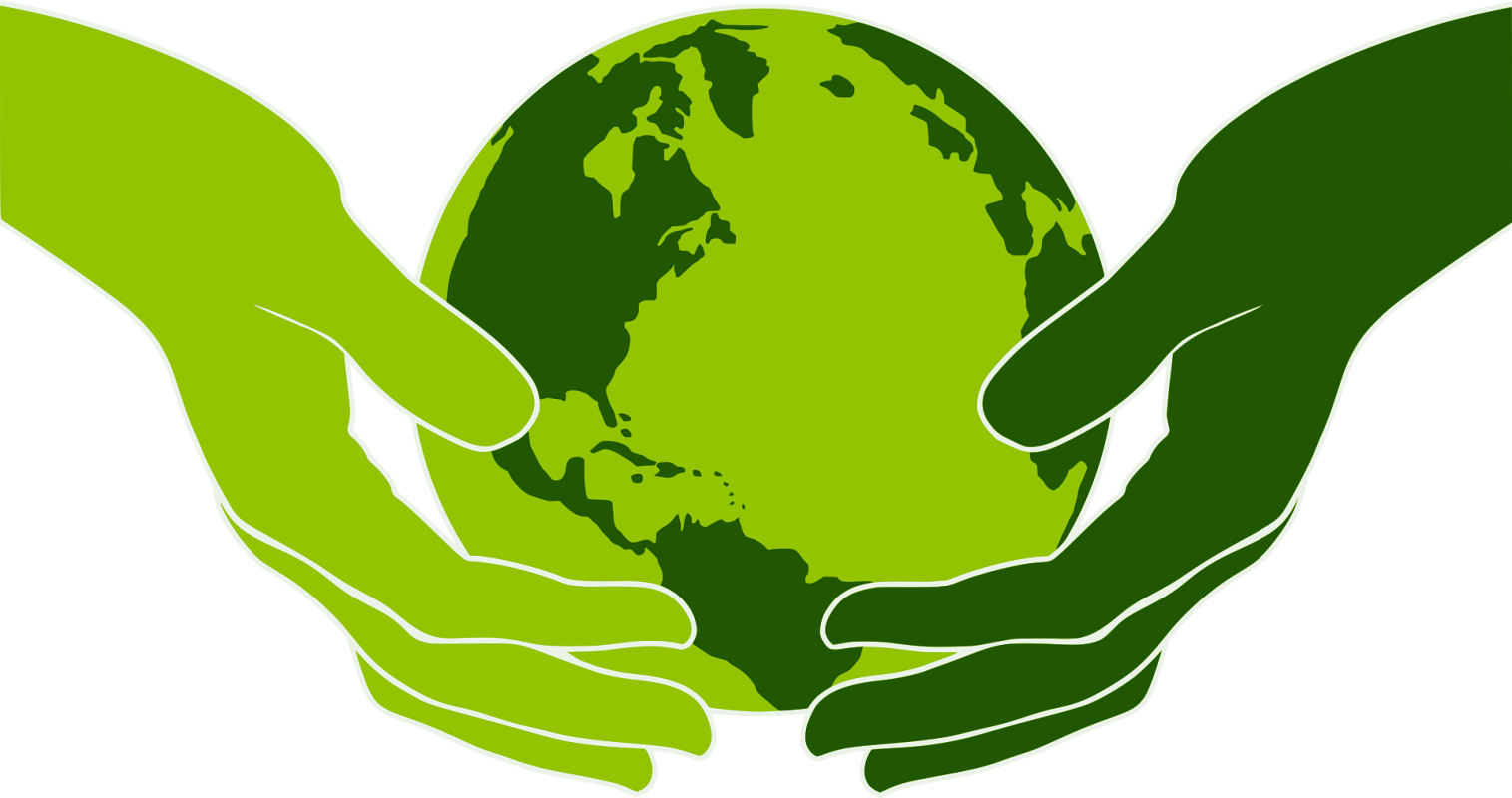Go green: Binghamton to launch national campaign directed at climate change
1MREADY will focus on the changes we all can make to reduce our carbon footprint

Wild weather, fires and blistering temperatures: The realities of climate change can make you feel helpless — and this helplessness can lead to deep despair.
Around 70 percent of people between the ages of 16 and 25 are extremely worried about climate change but don’t know how to make a real difference. The lack of hope and agency has taken a grim toll, according to Lorena Aguilar, executive director of Binghamton University’s Kaschak Institute for Social Justice for Women and Girls: Climate change has driven some young people to suicide.
“For youth worldwide and in the U.S., climate change is their number one priority,” Aguilar noted. “It also has been linked to anxiety because they feel that there is so little they can do.”
That’s why the the Kaschak Institute, along with Binghamton 2 Degrees, the Sustainable Communities program, the Office of Sustainability, the Center for Civic Engagement and the Binghamton University Common Read Experience, is launching a climate change campaign with the international organization 1 Million Women (1MW). Based in Australia, the organization’s goal is simple: Get one million women to commit to saving energy, reducing waste, cutting pollution and leading change in their daily lives.
Over the next two years, 1MW will launch a new campaign, 1MREADY, aimed at engaging a million more people in climate action. In January, Binghamton University will lead the launch of the 1MREADY campaign in the United States.
“It’s a woman-led movement in which individuals are taught to make decisions in their daily life to reduce their consumption and their carbon footprint,” Aguilar said.
While climate change ultimately affects everyone, women and girls face different impacts, Aguilar noted.
Women and climate change
In some countries, women face legal barriers to land ownership and inheritance, and may be prohibited from participating in community decision-making. That can limit their access to both natural, technical and financial resources.
“There are programs under climate change in which people are paid to protect forests because forests are a carbon sink,” Aguilar offered by way of example. “But if you don’t own the land, you will never benefit from those programs.”
Climate stressors, from resource scarcity to destructive weather, can also complicate women’s social role as family caregivers. In some parts of the world — for example, in some South Asian countries — women cannot leave their houses without a male relative. During major floods, the men are outside saving animals and performing other necessary tasks. Confined to their houses, the women drown.
Women also face unique health risks due to the realities of pregnancy and birth. In Bangladesh and Cuba, for example, rising sea levels contaminate well water with salt. While this can raise blood pressure in the larger population, the risks for pregnant women are particularly acute: They can develop eclampsia and preeclampsia, with devastating and even fatal side effects.
Prior to her involvement with the Kaschak Institute, Aguilar served on the board of multiple organizations, including Momentum for Change under the United Nations Framework Convention on Climate Change. Through Momentum for Change, she became familiar with One Million Women and its work in Australia around a decade ago.
Are you ready?
Organizations either promote climate resilience, in which communities prepare for a future with higher temperatures, floods and sea-level rise, or mitigation, which seeks to reduce society’s carbon footprint to prevent the worst effects of climate change. One Million Women is in the latter group.
The 1MREADY campaign will show students the path to individual action — and give them the opportunity to engage with decision-makers.
Currently, the first cohort of climate ambassadors is being selected in preparation for the official launch. These ambassadors — first with their University peers, and then in the larger community and local high schools — will spread the word about ways to reduce our carbon footprint.
“You can be an agent of change. You can make a difference,” Aguilar said. “There is hope.”

